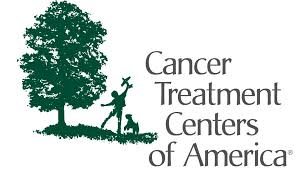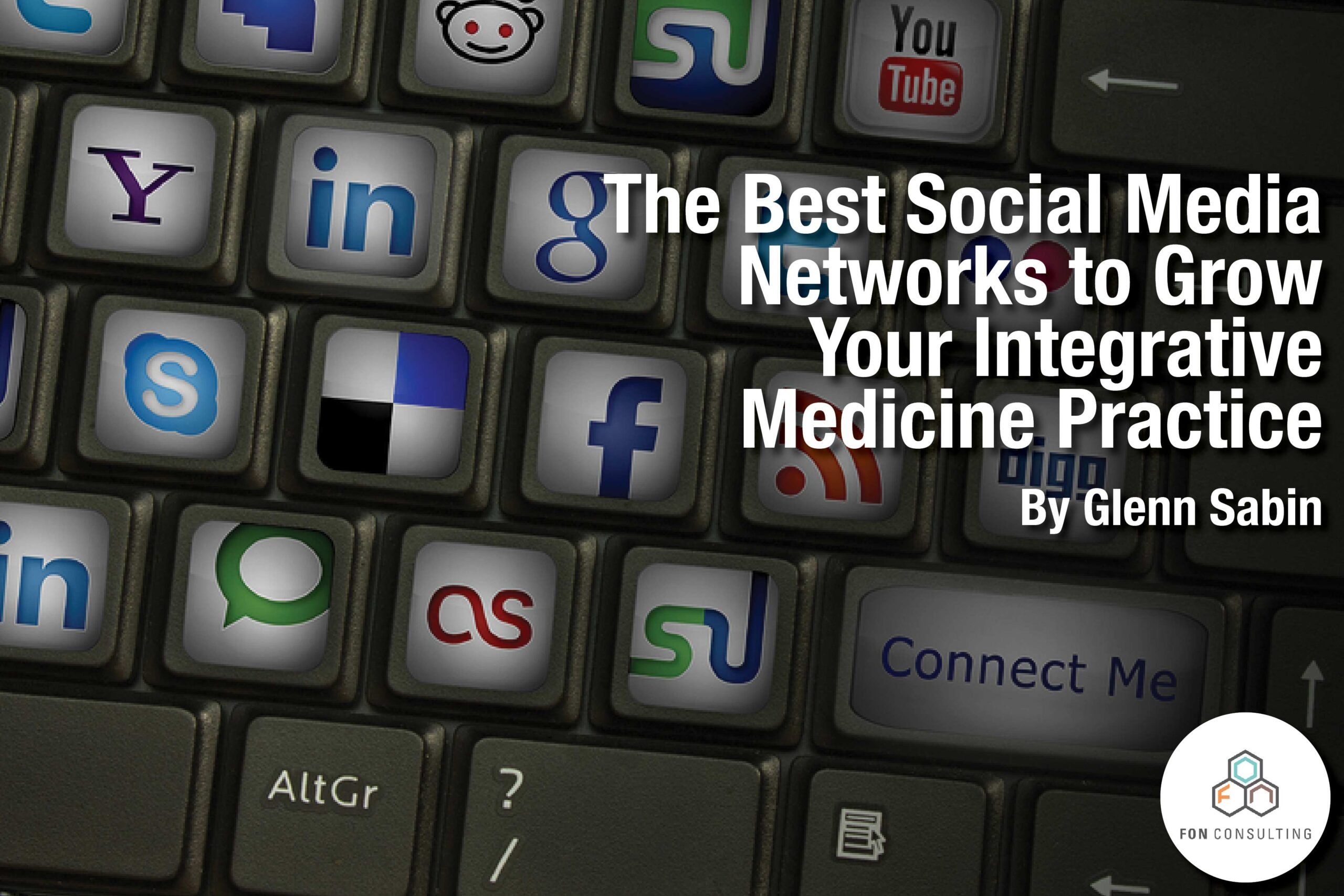
Dietary Supplements: Harmful or Essential? Cutting Through the Unrelenting Rhetoric
What a firestorm! Ever since Dr. Paul Offit’s book, “Do you Believe in Magic: The Sense and Nonsense of Alternative Medicine” was released last summer, there’s been a burst of new negative dietary supplement study results and position papers. Editorials, featuring provocative headlines such as: Enough is Enough: Stop Wasting Money on Vitamin and Mineral Supplements and Don’t Take Your Vitamins, have been published in prominent medical journals and major








